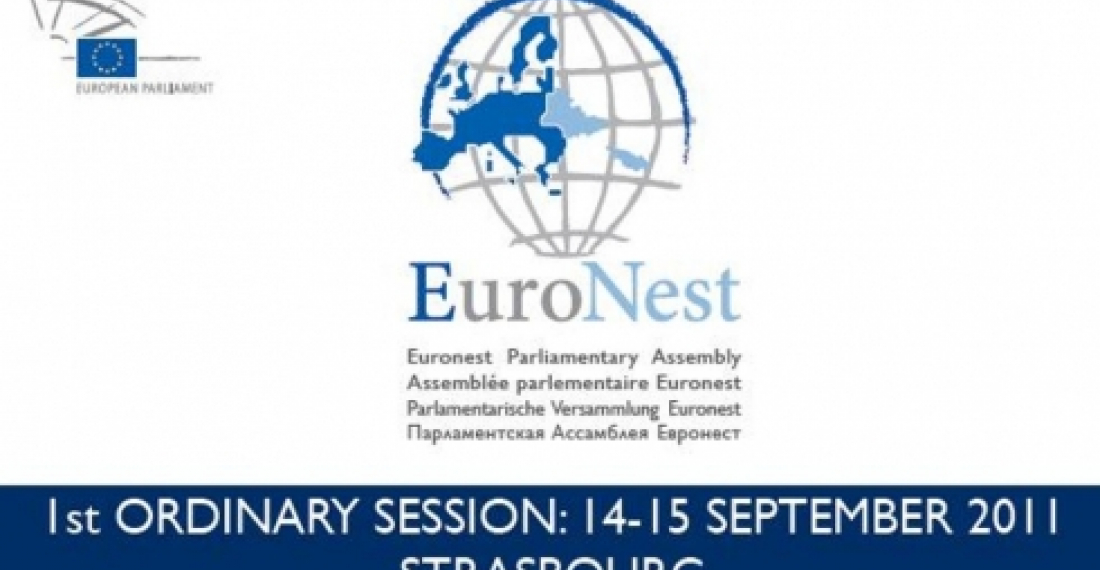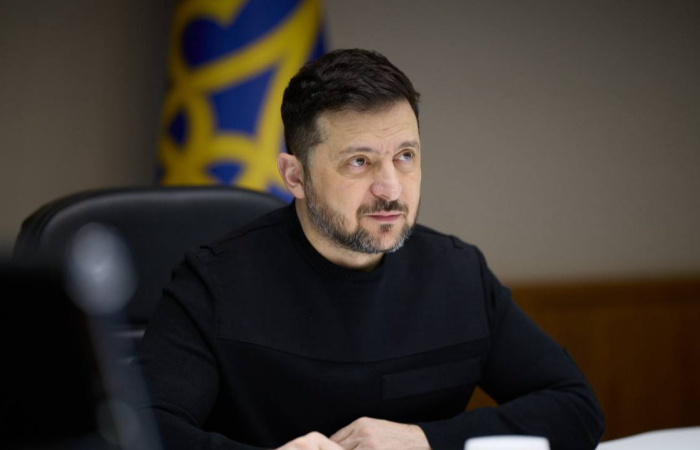Members of the European Parliament will meet with colleagues from Armenia, Azerbaijan , Georgia, Moldova and Ukraine in Strasbourg today in the format of EURONEST - the parliamentary framework of the EU's Eastern dimension. This will be the first ordinary session of the EURONEST Parliamentary Assembly.
Negotiations about the establishment of EURONEST have been going on for several years, and the initiative was finally agreed earlier this year. One of the stumbling block has been the participation of Belarus , which whilst officially an Eastern Partnership countries has its membership frozen because of problems with its elections and human rights record.
EURONEST is co-chaired by Bulgarian MEP, Kristian Vigenin and Ukrainian MP Boris Tarasyuk.
Meetings of EURONEST will start in Committee format today, and tomorrow the Assembly will meet in plenary session for the first time and will be addressed by several EU officials, including the President of the European Parliament Jerzy Buzek. The plenary session is expected to adopt a resolution for the consideration of the Summit Meeting of the Eastern Partnership, scheduled to be held in Warsaw at the end of the month, as well as a resolution on Belarus. A working plan for next year will also be adopted.
The difficult relations between Armenia and Azerbaijan will be one of the challenges that will face the new Parliamentary format. Armenian Member of Parliament and a member of her country's delegation to EURONEST, Naira Zohrabyan told News.am yesterday that “In general, Euronest is an important but also a complicated platform for us, since our eastern partners represented at Euronest are united in the GUAM (Georgia, the Ukraine, Azerbaijan, Moldova) organization, and it is clear that Azerbaijan will attempt to use GUAM’s opportunities against Armenia in Euronest,” the MP noted, adding that, “there are projects for which Armenia and Azerbaijan have presented their separate proposals, and we will see what will happen during the discussions and voting.”
There has as yet been no comment from the Azerbaijan Delegation but it is understood that the delegation of the Azerbaijan Parliament will also attend the EURONEST meeting.
Commonspace.eu political editor commenting on the holding of the first EURONEST meeting said that its is necessary that a parliamentary dimension for the co-operation between the EU and the Eastern Partnership countries is established in order to add to the momentum of the relations, but also to provide parliamentary scrutiny for the process of co-operation on which billions of euros are being spent. This framework is however also challenging because the Eastern Partnership countries do not all have good relations between them and some of the problems may easily spoil the work of EURONEST. The two co-Chair will need to to keep the delegations engaged and focused on the positive elements of this new relationship.
source: commonspace.eu







